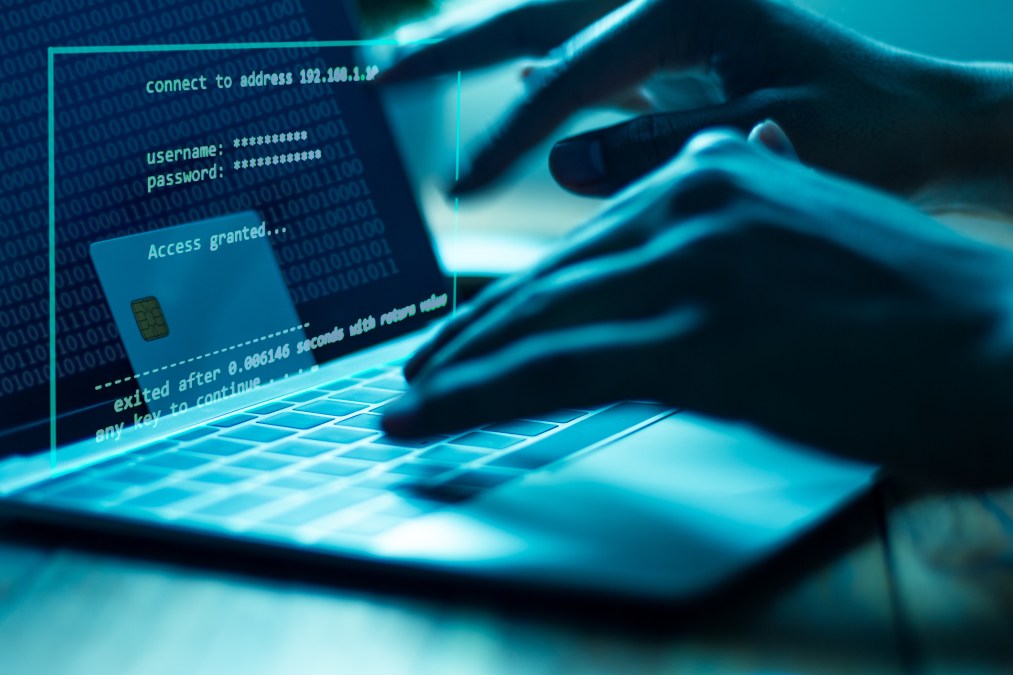Georgia State researchers look to disrupt cybercriminal supply chains

Scholars at Georgia State University on Monday launched a new study that will investigate underground digital marketplaces and the illicit supply chains of virtual goods like credit cards, online identities, cryptocurrency and fraudulent documents
While extensive research has been done to understand the trade of drugs, weapons and counterfeit money, this new study, funded by the National Science Foundation, aims to examine how virtual goods are bought and sold in online marketplaces, with the goal of determining how to best dismantle those networks.
“Illicit commerce, in both conventional markets and online darknet markets, relies on supply chains that coordinate the production, sales, information and capital flows,” Yubao Wu, an assistant professor of computer science at Georgia State, said in a press release. “They work much like supply chains for legitimate commerce.”
Just as legitimate online commerce continues to grow — Amazon reported that third-party sales on its market place grew from $100 million in 1999 to $160 billion in 2018 — the sale of virtual goods on dark-web markets is on the rise, with identity theft claims increasing by 46 percent from 2018 to 2019, according to the Insurance Information Institute.
To dismantle these markets, Georgia State researchers said it is critical to understand the flow of information and actors involved in their supply chains, which can then inform legal strategies and the development of tools to combat illegal activity.
The research will involve experts in banking, data gathering and analysis, criminology, political science and economics. Researchers will first collect data to better understand the supply chains around illegal virtual goods, then work to develop tools to disrupt those markets, including machine learning models that can trace involved actors, Georgia State said.
“Additionally, the empirical evidence, expert insights and solid institutional relationships we generate will lay the groundwork for future high-impact projects that impact illicit cyber networks and operations,” David Maimon, the director of Georgia State’s cybersecurity research group, said.


